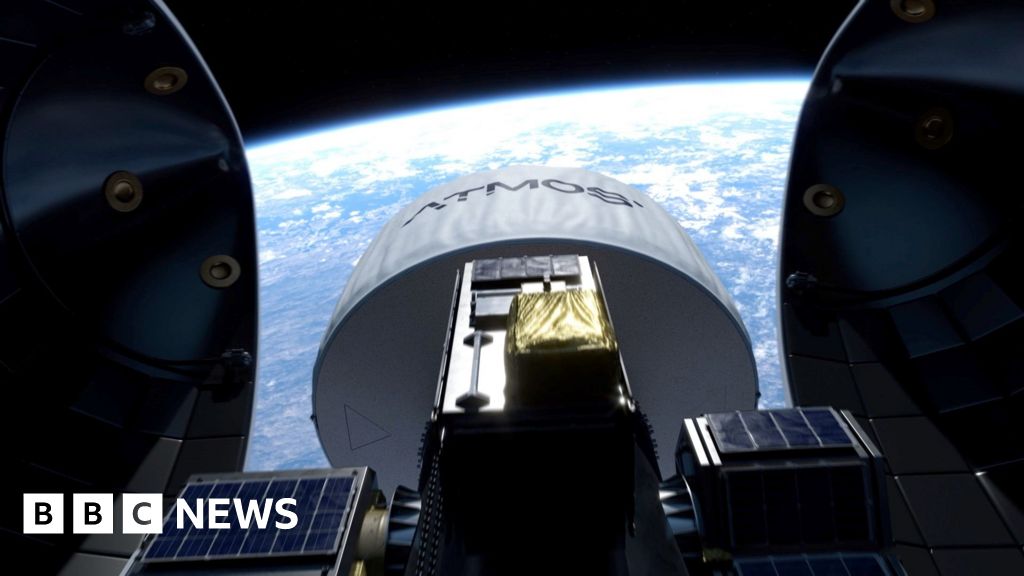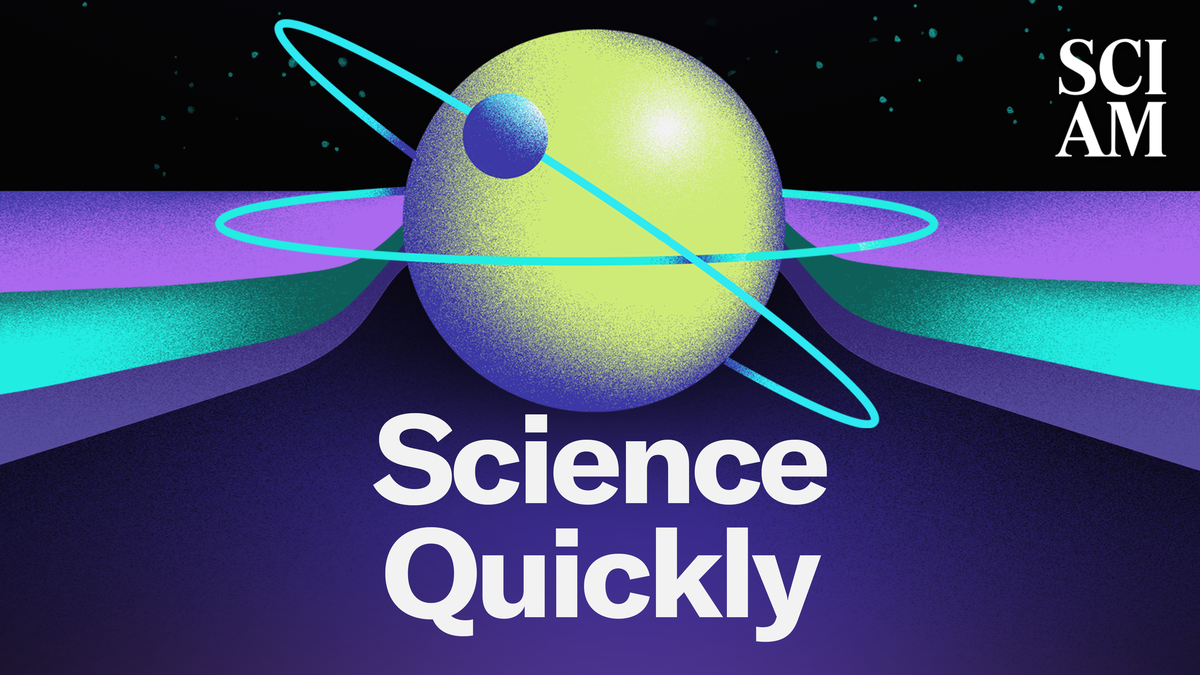NASA's Veteran Astronaut Don Pettit Returns Home After 7-Month Space Mission

NASAs oldest serving astronaut, Don Pettit, returned to Earth on Saturday, marking a significant chapter in his illustrious career after a remarkable 7-month mission aboard the International Space Station (ISS). In an interesting twist of fate, he celebrated his 70th birthday just as he made his long-awaited homecoming. However, upon his return, there were some concerns regarding his condition following the landing in Kazakhstan.
Pettit, along with his Russian colleagues, Alexey Ovchinin and Ivan Vagner, departed the ISS at precisely 5:57 p.m. ET. They traveled back to Earth aboard a Soyuz spacecraft, successfully executing a parachute-assisted landing at 9:20 p.m. ET. The landing occurred in the southeastern region of Dzhezkazgan, Kazakhstan, a routine location for such missions. Immediately after touching down, Pettit was escorted to a medical tent for standard post-landing health assessments. Viewers tuning in to NASAs live feed expressed worries as they noticed Pettit appeared particularly frail, sparking speculation about his health. Nevertheless, NASA was quick to allay these concerns.
In a reassuring statement, NASA officials present at the landing site confirmed on social media, @Astro_Pettit is doing well and in the range of what is expected for him following return to Earth. They also referenced an earlier interview Pettit provided from the ISS on April 16, where he discussed the physical challenges astronauts face upon re-entering Earths atmosphere. This is a physiological thing. It affects different people in different ways. Some people can go out and eat pizza and dance. When I land, it takes me about 24 hours to feel like Im a human being again, he explained.
As a delightful bonus, Pettit's return coincided with his birthday. Many celebrated this unique milestone online, including NASA who posted, Happy birthday, @Astro_Pettit! Many happy returns (including this one) This celebratory message was paired with a timestamp noting the Soyuz spacecraft's arrival back to Earth at 9:20 p.m. ET, which translates to 6:20 a.m. on April 20 in local timea significant birthday present indeed.
In a light-hearted moment, Pettit humorously noted that, after returning to Earth, he might need to empty the contents of my stomach out the way it wasnt meant to go, illustrating the humorous side of the challenging physical adjustments he faces after long-duration spaceflight.
Pettit, Ovchinin, and Vagner first launched to the ISS on September 11, 2024, and over the course of 220 days, they conducted groundbreaking research and various scientific experiments in the unique microgravity environment. Whether cultivating plants or investigating the behavior of fire in space, Pettit has captivated audiences with stunning visuals shared through his social media channels, showcasing the breathtaking vistas of Earth from the ISS.
Before this mission, Pettit had already made a name for himself in the realm of space exploration. This was his fourth trip to space, accumulating an impressive total of 590 days in orbit throughout his career. His first mission began on November 23, 2002, when he launched aboard the Space Shuttle Endeavour. What was intended to be a two-and-a-half-month mission extended to nearly six months due to the tragic Columbia Space Shuttle disaster, which claimed the lives of seven astronauts and halted the shuttle program.
While Pettit may not hold the title for the oldest individual to travel to spacean honor currently belonging to John Glenn, who launched at the age of 77 in 1998he does hold the distinction of being the oldest person to complete a long-duration mission in the challenging conditions of space. Another noteworthy record is held by Peggy Whitson, who became the oldest woman to orbit Earth in 2023 at the age of 63 during the private Axiom Mission-2 to the ISS.
Despite the extensive time Pettit has spent in orbit, Glenns mission was relatively brief, lasting only nine days, whereas Pettits knowledge and experience contribute significantly to ongoing studies about aging and the effects of space travel on the human body. Current research suggests that spaceflight may accelerate aging symptoms by inducing genomic instability, a topic that is still under investigation today.
Pettit may not hold the oldest astronaut record, but his commitment to space exploration and his unyielding curiosity about the universe make him a remarkable figure in the annals of space history. His latest mission underscores the vital contributions he continues to make in understanding both our planet and the cosmos beyond.



























